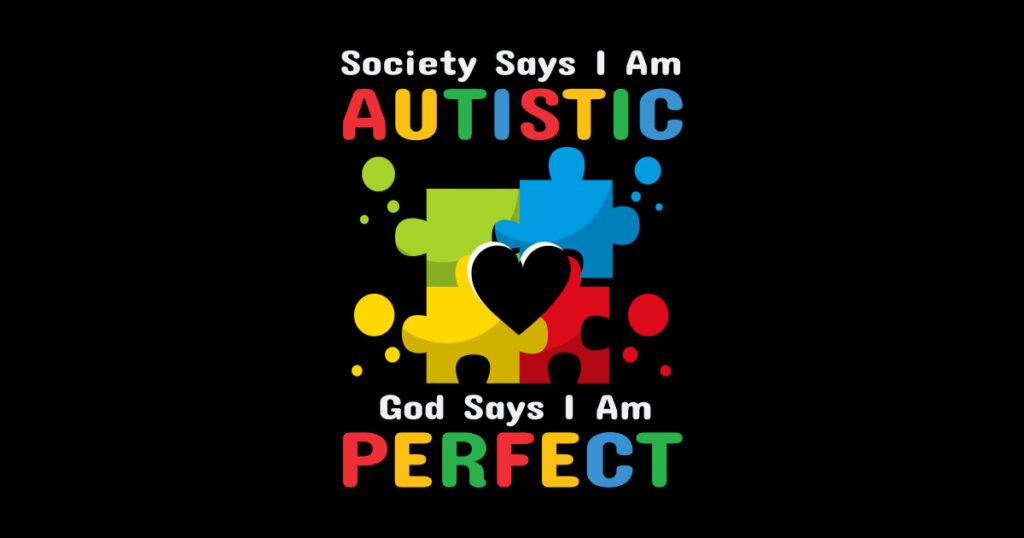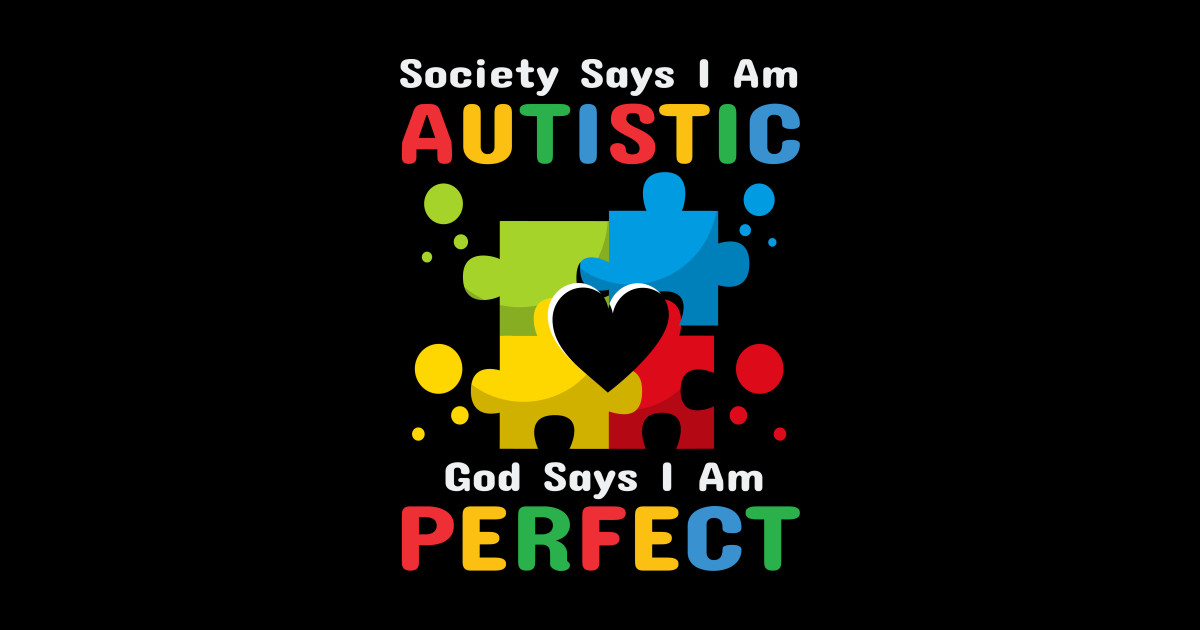
Autism and Belief: Exploring the Intersection of Autism and God
The relationship between autism and belief, particularly the concept of “autism god,” is complex and multifaceted. It touches upon philosophical, theological, and personal perspectives. While there isn’t a universally accepted definition of “autism god,” the term often refers to the unique ways individuals with autism perceive and interact with spirituality and religious concepts. This article delves into the various aspects of this intersection, aiming to provide a comprehensive and nuanced understanding.
Understanding Autism Spectrum Disorder
Autism Spectrum Disorder (ASD) is a neurodevelopmental condition characterized by persistent deficits in social communication and social interaction across multiple contexts. These deficits can include challenges with social reciprocity, nonverbal communicative behaviors used for social interaction, and developing, maintaining, and understanding relationships. Additionally, individuals with autism often exhibit restricted, repetitive patterns of behavior, interests, or activities. These can manifest as stereotyped or repetitive motor movements, insistence on sameness, highly restricted, fixated interests, and hyper- or hypo-reactivity to sensory input or unusual interest in sensory aspects of the environment.
It’s crucial to understand that autism is a spectrum disorder, meaning that the severity and presentation of symptoms can vary widely from person to person. Some individuals with autism may have significant intellectual disabilities and require substantial support, while others may have average or above-average intelligence and lead relatively independent lives. The term “autism god” is sometimes used in online communities and discussions, often to describe individuals with autism who possess unique insights, talents, or perspectives.
The Spectrum of Spiritual Experiences
Spirituality and religious belief are deeply personal and diverse experiences. For some, it involves adherence to a specific religious doctrine and participation in organized religious practices. For others, it may involve a more personal and individualized search for meaning and purpose in life. The way individuals with autism engage with spirituality can be just as varied and nuanced as their neurotypical counterparts.
Some individuals with autism may find comfort and structure in the rituals and traditions of organized religion. The predictability and routine of religious services can be particularly appealing to those who thrive on consistency. Others may struggle with the abstract concepts and social complexities often associated with religious belief. The literal interpretation of language, a common characteristic of autism, can sometimes lead to misunderstandings or difficulties in grasping metaphorical or symbolic religious teachings.
“Autism God”: Exploring Unique Perspectives
The term “autism god,” while potentially controversial, often reflects a recognition of the unique perspectives and abilities that some individuals with autism possess. It can be used to describe individuals who demonstrate exceptional talents in specific areas, such as mathematics, music, or art. These talents may be attributed to the intense focus and attention to detail that are often associated with autism. [See also: The Savant Syndrome and Autism]
Furthermore, some individuals with autism may have a heightened sensitivity to sensory input, which can lead to a deeper appreciation of the beauty and wonder of the natural world. This sensitivity, combined with a unique cognitive style, can foster a profound sense of connection to something larger than themselves, which they may interpret as spiritual or divine. The concept of “autism god” also touches upon the idea that individuals with autism may perceive the world in ways that are fundamentally different from neurotypical individuals, offering unique insights into the nature of reality and the human condition.
Challenges and Considerations
It’s important to approach the topic of autism and belief with sensitivity and respect. Generalizing about the spiritual experiences of individuals with autism can be problematic, as each person’s experience is unique and shaped by their individual circumstances, beliefs, and cognitive abilities. It is also crucial to avoid romanticizing or idealizing autism, as this can minimize the real challenges that individuals with autism and their families face. [See also: Supporting Families of Children with Autism]
Religious communities can play a vital role in supporting individuals with autism and their families. Creating inclusive and welcoming environments that accommodate the sensory and communication needs of individuals with autism is essential. This may involve providing quiet spaces, visual supports, and clear and concise communication. Religious leaders and members can also benefit from learning more about autism and how to effectively support individuals with autism in their communities.
The Role of Sensory Perception
Sensory processing differences are a core feature of autism. Many individuals with autism experience hyper- or hypo-sensitivity to sensory stimuli, such as light, sound, touch, taste, and smell. These sensory sensitivities can significantly impact their daily lives and their ability to participate in social and religious activities. For example, the bright lights and loud music in a church service may be overwhelming for someone with autism, making it difficult for them to focus and engage. Conversely, some individuals with autism may find sensory input to be particularly enriching and stimulating, leading to a heightened appreciation of the aesthetic aspects of religious rituals and traditions.
Understanding and accommodating sensory sensitivities is crucial for creating inclusive religious environments. This may involve providing alternative sensory experiences, such as quiet rooms, weighted blankets, or noise-canceling headphones. It also involves educating religious leaders and members about sensory processing differences and how to respond to them in a supportive and understanding way. The concept of “autism god” can relate to this heightened sensory awareness, suggesting a different pathway to experiencing the divine through heightened perception.
Communication and Understanding
Communication challenges are another defining characteristic of autism. Individuals with autism may have difficulty understanding and using verbal and nonverbal communication, which can impact their ability to express their beliefs and connect with others. Some individuals with autism may rely on alternative forms of communication, such as sign language, visual supports, or assistive technology. [See also: Augmentative and Alternative Communication (AAC) for Autism]
It’s important to communicate with individuals with autism in a clear, concise, and direct manner. Avoid using jargon, idioms, or sarcasm, as these can be confusing or misinterpreted. Provide visual supports and written instructions to help individuals with autism understand expectations and routines. Be patient and understanding, and allow individuals with autism the time they need to process information and respond. Facilitating open and honest communication is essential for understanding the spiritual beliefs and experiences of individuals with autism. The idea of “autism god” might stem from communication styles that, while different, offer unique perspectives.
Theological Perspectives
Theological perspectives on autism vary widely. Some religious traditions view autism as a disability that requires compassion and support. Others may see it as a unique expression of human diversity, with its own inherent value and purpose. Some theological perspectives may even suggest that individuals with autism have a special connection to the divine, due to their unique cognitive and sensory abilities. The concept of “autism god” could be seen as an extension of this perspective.
It’s important to engage with these theological perspectives in a respectful and critical manner. Avoid making generalizations about the beliefs of individuals with autism or imposing religious beliefs on them. Instead, focus on creating inclusive and welcoming religious communities that value the diversity of human experience. Exploring theological viewpoints can further illuminate the complexities surrounding “autism god.”
Moving Forward: Fostering Understanding and Inclusion
The intersection of autism and belief is a complex and fascinating area of study. By understanding the unique perspectives and challenges faced by individuals with autism, we can create more inclusive and welcoming religious communities. This requires a commitment to education, empathy, and open communication. The term “autism god” serves as a reminder that individuals with autism have much to offer the world, including unique insights into the nature of spirituality and the human condition.
Further research is needed to explore the spiritual experiences of individuals with autism in greater depth. This research should be conducted in a sensitive and respectful manner, with the active participation of individuals with autism and their families. By working together, we can create a more inclusive and understanding world for all.
Ultimately, the concept of “autism god” highlights the importance of embracing neurodiversity and recognizing the unique value of every individual. Whether or not one believes in a literal interpretation of the term, it serves as a powerful symbol of the potential for individuals with autism to contribute to our understanding of the world and our place in it. The diverse perspectives offered by those on the autism spectrum enrich our understanding of faith, spirituality, and the very nature of existence. This discussion also underscores the need for continued dialogue about autism.
The ongoing exploration of autism and belief is vital for fostering a more inclusive and compassionate society. The nuances surrounding “autism god” invite deeper reflection on neurodiversity and spirituality.
This article aims to provide a starting point for understanding the complex interplay between autism and belief, acknowledging the diversity of individual experiences and the ongoing need for respectful and informed dialogue. Further investigation into the concept of “autism god” and related themes is encouraged.
Understanding the unique perspectives of individuals with autism, including their spiritual experiences, is crucial for fostering inclusivity and promoting a more compassionate society. The term “autism god” can be a starting point for these important conversations.

